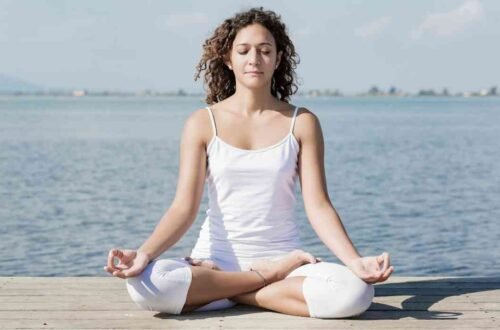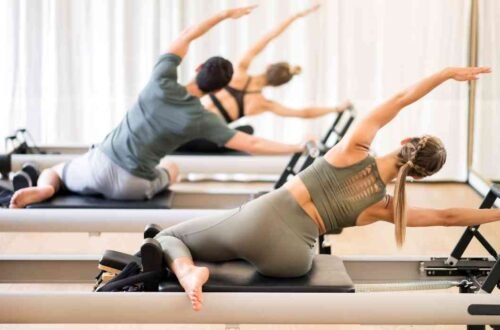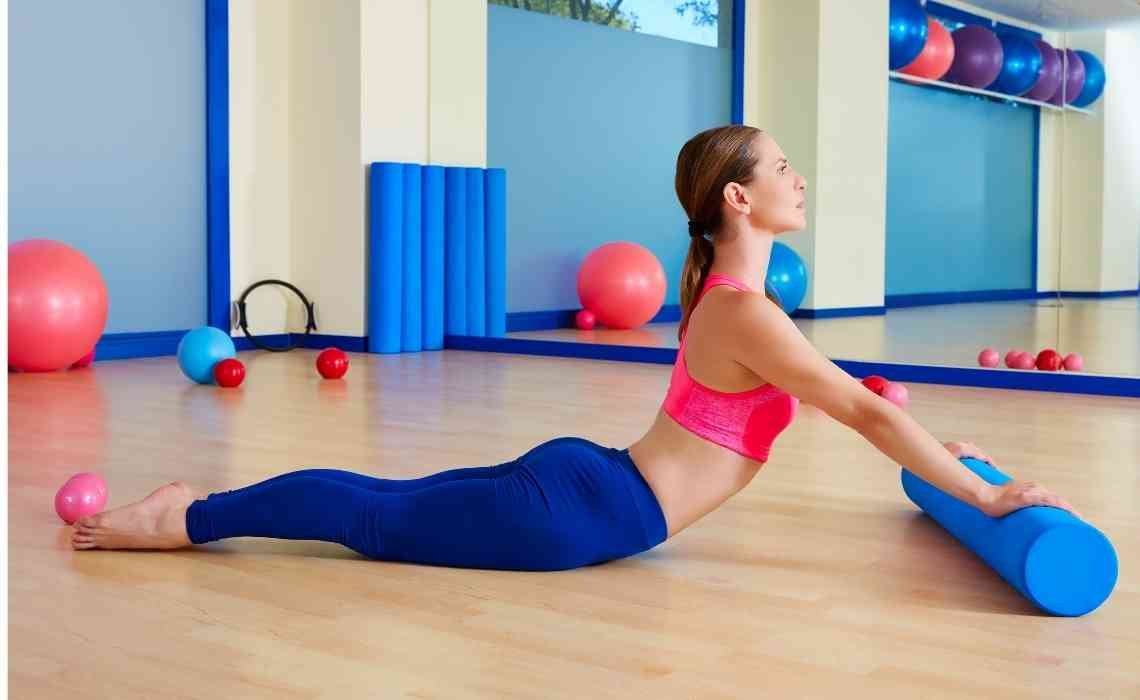
Is Pilates Exercise Hard for Beginners? A Simple Guide for Newbies
When you first hear about Pilates, you might wonder, “Is Pilates exercise hard for beginners?” You are not alone. Many people feel a bit nervous before starting something new, especially a workout that sounds fancy or looks a little tricky.
Pilates is a form of exercise that focuses on your core muscles. These are the muscles in your belly, lower back, hips, and buttocks. It also helps make your body more flexible and improves your posture, which is how you stand and sit. Joseph Pilates created this exercise system about 100 years ago to help people become stronger and healthier.
Is Pilates Exercise Hard for Beginners? Really?
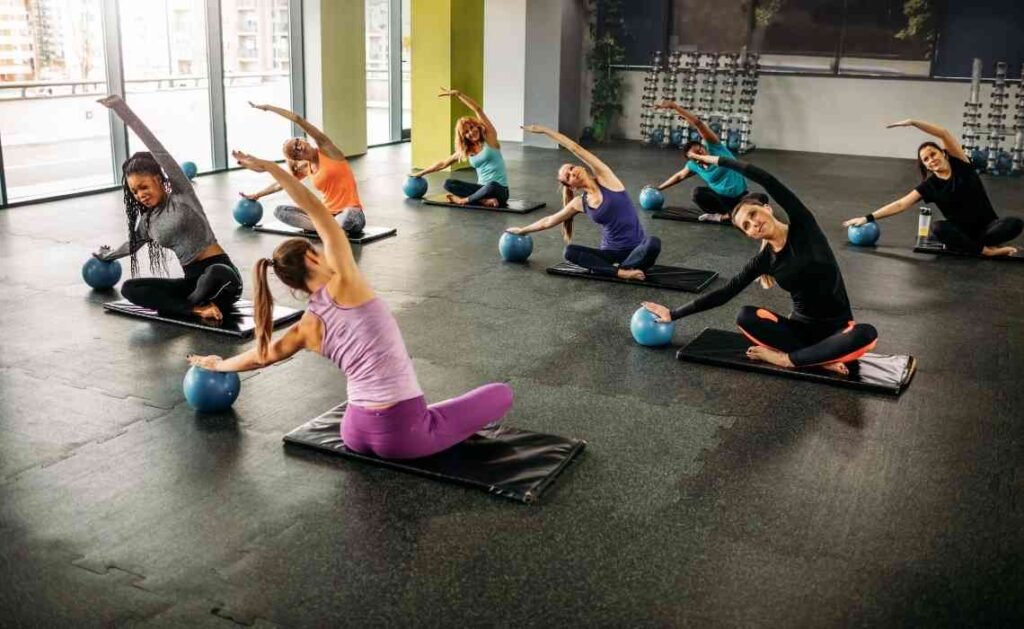
So is Pilates exercise hard for beginners? The answer is yes and no. It can be challenging, but it is not impossible. Like learning to ride a bicycle or swim, Pilates can feel hard in the beginning because it uses muscles you might not normally use every day.
However, Pilates is also very beginner-friendly. Most Pilates teachers know how to guide newcomers carefully. They show you easier versions of each exercise so that you can build strength over time. You do not have to be super flexible or strong when you start.
Why Pilates May Feel Hard at First
1. New Movements:
In Pilates, you will move your body in ways that might feel strange at first. These are not like the regular moves you do in a gym, like lifting heavy weights. Instead, Pilates movements are slow, controlled, and focus a lot on breathing. Your muscles need time to get used to these patterns.
2. Core Engagement:
Pilates focuses a lot on your “core.” When teachers say “engage your core,” they mean you should tighten your stomach muscles as if you are bracing for someone to poke you. If you have never done that before, it can feel very odd and even tiring in the beginning. But the more you practice, the easier it becomes.
3. Mind-Body Connection:
Pilates asks you to think about your body while you move. You are not just moving aimlessly. You have to focus on how you breathe, where you place your hands and feet, and how your muscles are working. This focus can feel overwhelming at first, but it teaches you to move smarter, not harder.
4. Different Breathing Technique:
In Pilates, breathing is a big deal. You will learn to breathe deeply into your ribs, not just into your chest or stomach. This type of breathing can feel strange at first, especially if you are used to short, shallow breaths. But with a little practice, you will breathe like a pro.
Why Pilates Is Perfect for Beginners
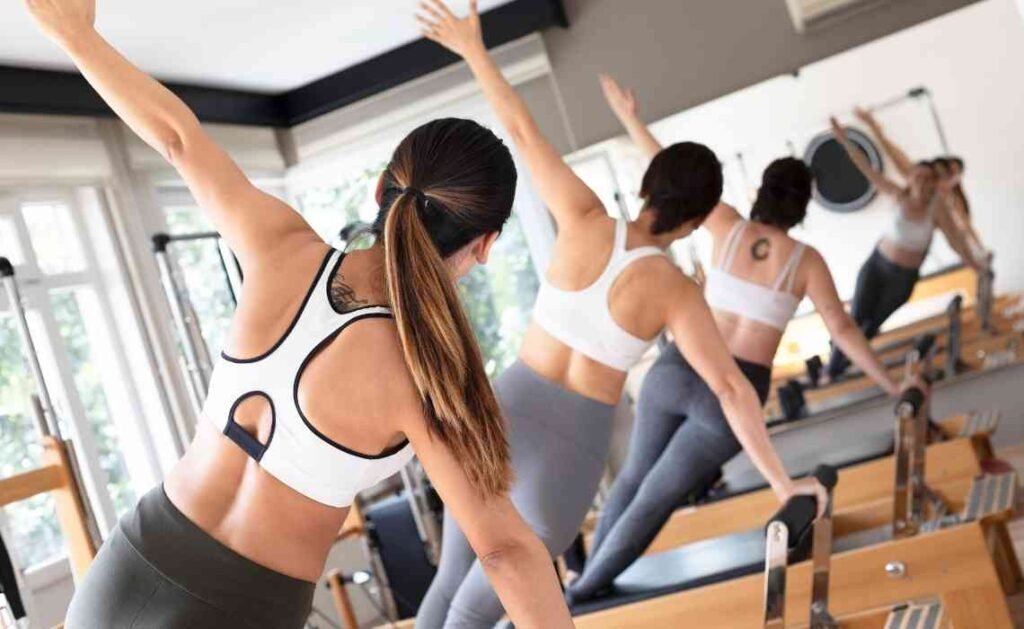
1. Low Impact:
Pilates is gentle on your body. It does not involve jumping, running, or pounding your joints like some other workouts do. This makes it a great option if you are just starting out, recovering from an injury, or simply looking for something that is easy on your knees and hips.
2. Adaptable Exercises:
Pilates exercises can be modified to fit your fitness level. If a move feels too hard, the teacher can suggest a simpler version. As you get stronger, you can try the harder versions. This way, you can grow and improve at your own pace without feeling left behind.
3. Builds a Strong Foundation:
Pilates teaches you how to move correctly. It strengthens the tiny muscles that support your joints and bones. By building a strong foundation, you can avoid injuries and perform better in other activities like running, swimming, or even lifting groceries.
4. Boosts Body Awareness:
Pilates makes you more aware of your posture and movement. You start noticing how you sit, stand, and walk. This awareness can make you feel more confident and even prevent aches and pains in everyday life.
Tips for Beginners Starting Pilates
1. Choose the Right Class:
Look for beginner-friendly Pilates classes. Some classes are faster or designed for people who already have experience. A beginner class will move slower and spend more time explaining each move. This will make your experience much more comfortable and enjoyable.
2. Communicate with Your Instructor:
Always let your teacher know you are a beginner. There is no shame in starting fresh. Good instructors will check your form, give you tips, and make sure you are doing each exercise safely and correctly.
3. Go at Your Own Pace:
It is tempting to try to keep up with others in the class, but remember, it is not a race. Focus on doing the moves properly instead of rushing through them. It is better to do fewer repetitions correctly than more repetitions sloppily.
4. Stay Consistent:
Like anything new, consistency is key. Try to attend classes regularly, even if it is just once or twice a week. Over time, you will notice your muscles getting stronger and your moves feeling smoother.
5. Be Patient with Yourself:
You will not become a Pilates expert overnight. It takes time for your body to learn new things. Celebrate small victories, like being able to hold a pose a little longer or breathing correctly during an exercise.
Common Beginner Questions About Pilates
1. Do I Need Equipment?
Not always. Many Pilates classes are “mat Pilates,” meaning you just need a yoga mat. Other classes might use equipment like a Reformer machine, which looks like a bed with springs and pulleys. Start with mat Pilates if you are new.
2. What Should I Wear?
Wear comfortable, stretchy clothes that let you move freely. Avoid anything too loose, because teachers need to see your form to make sure you are doing exercises correctly.
3. Will I Get Sore?
You might feel sore after your first few classes, especially in your stomach, back, and legs. This is normal and means your muscles are working. Make sure to stretch and drink water after class to help your body recover.
4. How Often Should I Do Pilates?
If you are a beginner, starting with two to three times a week is perfect. This gives your body time to rest and get stronger between classes.
5. Can I Lose Weight with Pilates?
Pilates can help with weight loss by building muscle, improving posture, and increasing flexibility. However, it is best combined with healthy eating and other activities like walking or swimming for faster results.
The Benefits of Sticking with Pilates
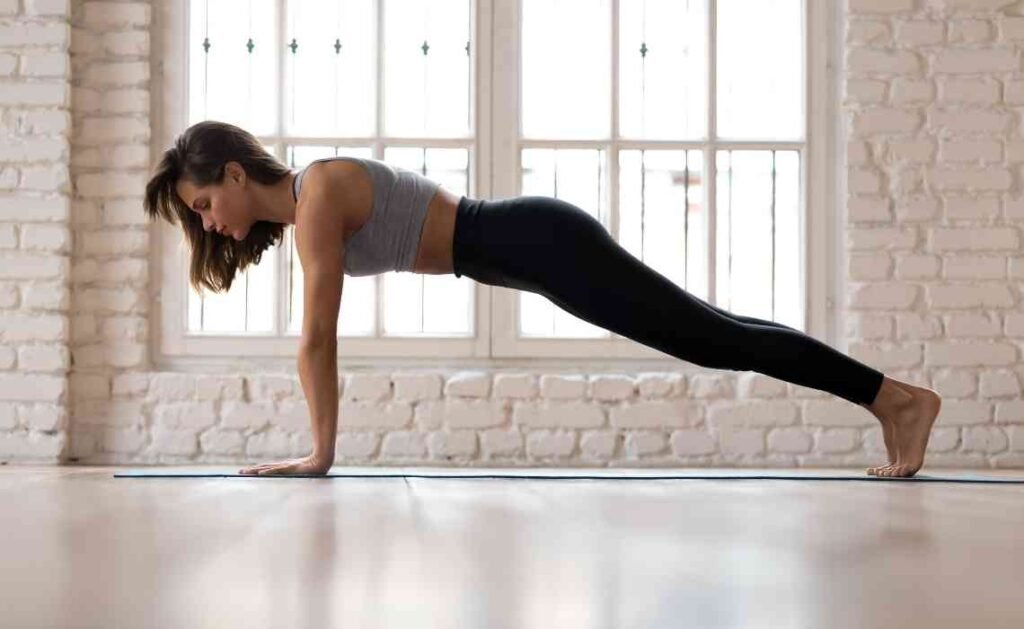
1. Stronger Core:
Pilates targets the muscles deep in your belly and back. Having a strong core helps you do everything better, from standing up straight to playing sports. It even makes simple things like picking up your backpack easier.
2. Better Posture:
Pilates teaches you how to stand and sit properly. Good posture can make you look taller and feel more confident. It also helps prevent back and neck pain.
3. Increased Flexibility:
Over time, Pilates stretches your muscles and improves your flexibility. This makes it easier to bend, twist, and reach for things without getting hurt.
4. Less Stress:
The breathing and focus needed in Pilates can help calm your mind. Many people feel more relaxed and happy after a class, like they just had a mini-vacation.
5. Better Balance:
Pilates exercises often challenge your balance. Getting better at balancing can help you in sports, dancing, or even just walking on uneven ground.
Is Pilates exercise hard for beginners? It might feel that way at first because your body and mind are learning new things. But with patience, practice, and the right support, Pilates can become an enjoyable and rewarding part of your life. Remember, everyone starts as a beginner, and every little step you take is progress.
Stick with it, listen to your body, and celebrate your improvements. You will be amazed at how much stronger, more flexible, and confident you become over time.




